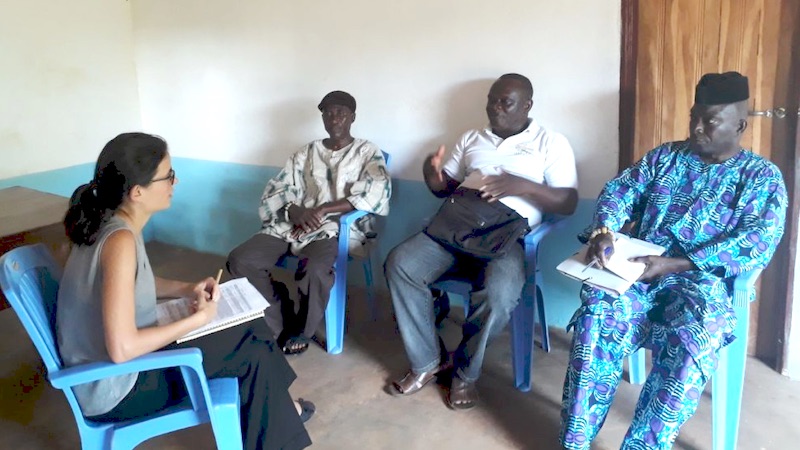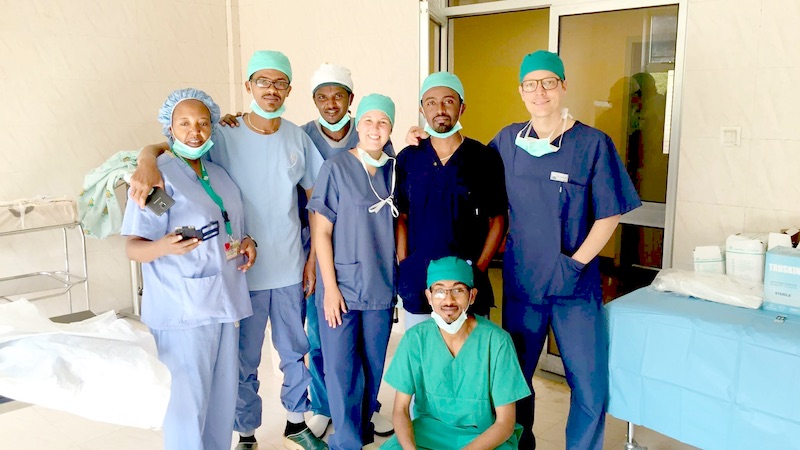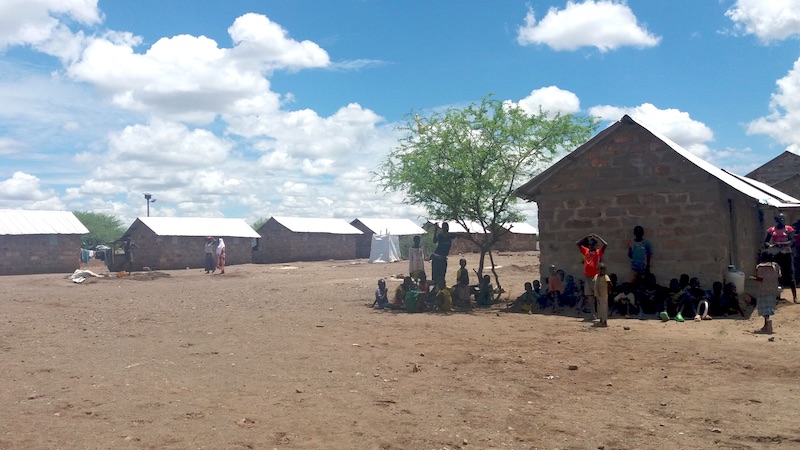Supporting Togolese NGO in its organizational and project development
Project design & Evaluation: The Togolese NGO received donor financial support, which exponentially increased its health project portfolio. As a basis for decision making for further funding, we were contracted to conduct a qualitative evaluation of its health portfolio. We used a range of participatory methods such as focus group discussions and the Method for Impact Assessment of Programmes and Projects (MAPP). We found that while the NGO’s project activities were well conceived and adapted to the local context, it had difficulties to effectively communicate and report its successes towards donors. Our report thus included detailed recommendations on international monitoring, reporting and evaluation standards in order to enable the Togolese NGO to acquire further donor support.
Process facilitation & Training: Based on the evaluation results, we accompanied the NGO for several months to address the identified challenges and support them with a new project funding request. This remote support was completed with a one-week, on-site workshop for the NGO staff. During the first days, we developed an organizational assessment with the staff and analysed main challenges which needed to be addressed going forward. In the following days, we conducted needs- based trainings to improve the NGO’s reporting skills and to support the development of a logframe and M&E system. The NGO continues to extend its local outreach and to propose innovative approaches to support the Togolese health system in remote regions of the country. We are proud to be a part of its family



